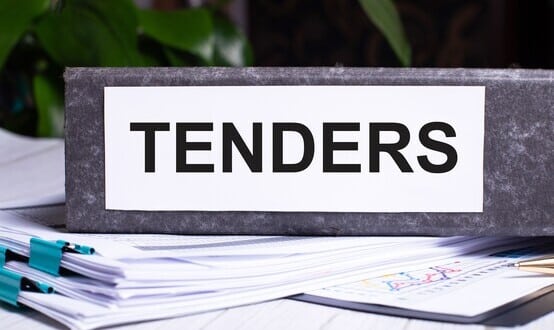Portsmouth pioneers reverse e-auction for generic drugs
- 24 March 2004
Portsmouth Hospitals NHS Trust claimed an e-health first this week with an announcement that it had completed the UK’s first reverse online pharmaceutical supplies auction. A reverse auction works, as the name suggests, in the opposite way to a conventional auction in which prices start low and bidders increase their offers. In Portsmouth’s reverse auction a set of prices for generic pharmaceuticals were posted and bidders were invited to go lower. Assistant director of finance, Neil Kemsley explained that the trust prepared for the reverse auction with a paper tendering exercise. This generated a set of initial “best prices” to which the trust could revert if it received no better offers during the online reverse auction. “Not surprisingly we encountered a fair amount of hostility from the suppliers and some companies dropped out before we got to the auction,” he told E-Health Insider. Nevertheless, 28 suppliers took part, though the trust found the bigger players were more likely to be against the process. The auction was conducted using the exchange and sourcing modules from the Oracle e-Business Suite which automated the final stages of the procurement. The process was managed with support from public sector procurement solutions specialists, UKprocure, who offered help to bidders using the technology for the first time. Kemsley said: “I was very impressed by the way suppliers had been ‘buddied’ with UKprocure people in a very professional way. The technology worked very well with the back up of more traditional communications.” The reverse auction yielded 185 tender bids for the contracts on offer. Portsmouth purchases drugs for a group of nearby trusts in the Wessex region who spend around £40m a year. Kemsley said: “On the whole tendering exercise we’ve saved around £650,000 with 90% saved on the traditional tendering and 10% saved on the auctioning process.” Would the trust do it again? "Definitely," says Kemsley, “but it would be a while before we did it on drugs.” He explained that there were major sensitivities around generic drug purchasing, though the trust took advice from the chief medical officer’s department and the NHS Purchasing and Supply Agency before proceeding. The next likely candidates for reverse auctions are stationery or uniforms and a clinical area where products are more homogenous, such as blood and blood products.




